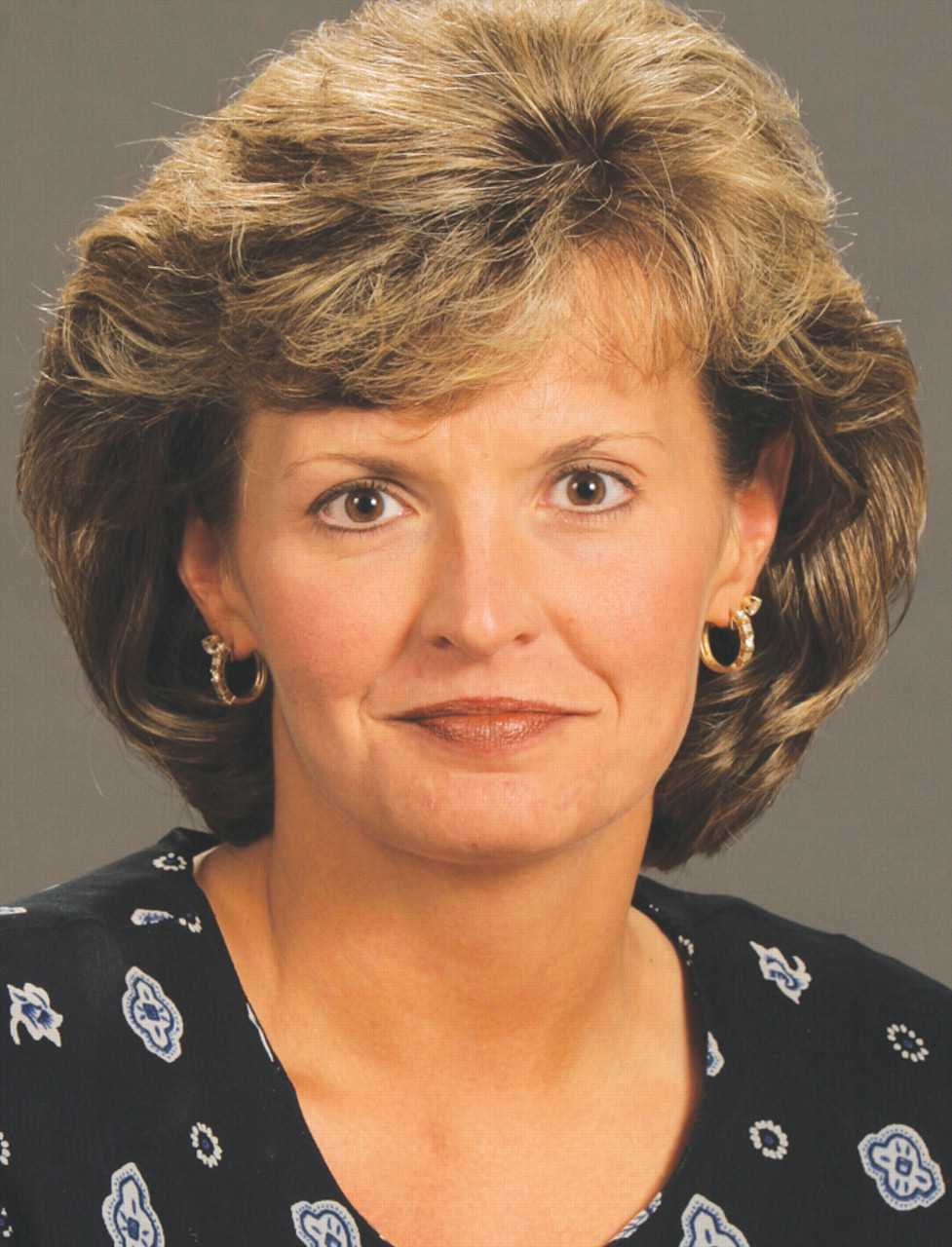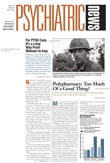As the end of my general psychiatry training approaches, I have started to think back to all of the wonderful supervisors and mentors that I have had over the last four years. I am quite fortunate to have been trained by a variety of individuals who have most certainly left their mark and shaped me into the psychiatrist that I have become. Some of these individuals happened by chance, while others I sought out on my own.
What I have noticed is that diversity seems to have been the key to my training. As residents, our daily routines are constantly in motion. Rarely do we take the time to stop and reflect on how much of who we become as professionals is influenced by those who train us. I find that I am spending more and more time thinking about where I started in my training and where I am now. I believe that the “final product” of me as a psychiatrist is a compilation of my personality plus “the best” of all the individuals who trained me. My final column is dedicated as a thank you to the individuals who I feel made the greatest impact on my training. I simply wanted you to know that you made a difference.
• Caseload supervisors: During my first year of residency, I had a wonderful woman child and adolescent psychiatrist as my caseload supervisor/mentor who was young, dynamic, and energetic. She knew I had no intention of going into child and adolescent psychiatry, but she did a wonderful job of not only supervising me but also being a friend to me during my difficult intern year. She made me realize what kind of doctor I wanted to be. I don’t see her often, but I still consider her a friend.
During my second year, I was fortunate enough to have had an excellent community psychiatrist as my caseload supervisor who is equally skilled in psychopharmacology and psychotherapy. His laid-back, common-sense approach was just what I needed during my outpatient year as I gained confidence and made my fair share of mistakes. He had refined his supervisory style so well that I felt as though he wasn’t smothering me but that was there to help me if I needed it. Even though he’s no longer my supervisor, I still seek out his expertise for “curbside consults” when I get stuck, and he never makes me feel as though I’m bothering him.
The third year of residency brought a different kind of supervisor. Tough, demanding, detail oriented, and sharp as a tack—he pushed me harder than I had ever been pushed. Despite this, he was also incredibly kind, funny, and never demanded more from a resident than he demanded from himself. He also sparked an interest in me in forensic psychiatry, something that I had never even considered before. He is the best teacher that I had in training.
My fourth-year supervisor is also a forensic psychiatrist who is extremely competent and willing to give the unpopular opinion because it is the right thing to do. I am fortunate that he will be my training director during my forensic fellowship next year. I believe he’ll make me a better psychiatrist, if not a better person.
• Psychotherapy supervisors: The two supervisors that I had for psychodynamic psychotherapy training couldn’t have been more different. The first was a newer woman faculty member who was completing her analytic training and was just getting started supervising residents. She is another woman whom I see as a role model in this field. She opened my eyes to how one can be professional yet still maintain humanity in psychotherapy. I went from avoiding patients’ emotions to embracing them. I still seek her out for friendly chats and “female advice.”
The second was a distinguished psychoanalyst of whom I was initially somewhat afraid. As I grew more comfortable with him, I began to open myself up to the challenges of exposing my own countertransference and fears related to being a psychotherapist. He helped me to confront these issues head on. While both supervisors were quite different, both helped me to become a well-rounded psychiatrist who is now comfortable in and embraces the arena of psychotherapy.
• Mentors: I worked with a female psychiatrist in private practice as a medical student who first made me think, “I want to be like her when I grow up,” and while I don’t get to talk to her very often, I still think of her frequently. I hope that I’m setting the same example of enthusiasm, love for my work, and boundless energy to the medical students with whom I am working on a daily basis.
Three community physicians in private practice and my future partners have provided incredible support, encouragement, and unbelievable teaching for which I am eternally grateful. I’m looking forward to learning more from these individuals as my career continues to grow and change, and I’m glad that they will be there to help guide me.
Finally, my biggest supporter and cheerleader has been my mentor since I was a third-year medical student. As the third-year psychiatry clerkship director, he has seen me through it all—the “match,” my first night of call in the emergency room (when I was scared to death), professional successes and failures, deciding on a fellowship, moonlighting anxiety, career decisions, and personal anxieties and triumphs. There are no words that can adequately express what this man has meant to my career and to me as a friend. Thank you doesn’t even come close.
For those of you who are finishing your training, I encourage you to take a few moments to thank those around you who have made a difference in your training. My guess is that these wonderful individuals don’t hear those words enough.
For those of you who are in the beginning of your training, I encourage you to choose your supervisors carefully and to take advantage of what they have to offer. Take the best of what every teacher has to offer you and make it your own. If we all do that, how can we go wrong?
Thank you for allowing me to serve as your member-in-training trustee over the past year. It has been both a privilege and an honor. ▪

